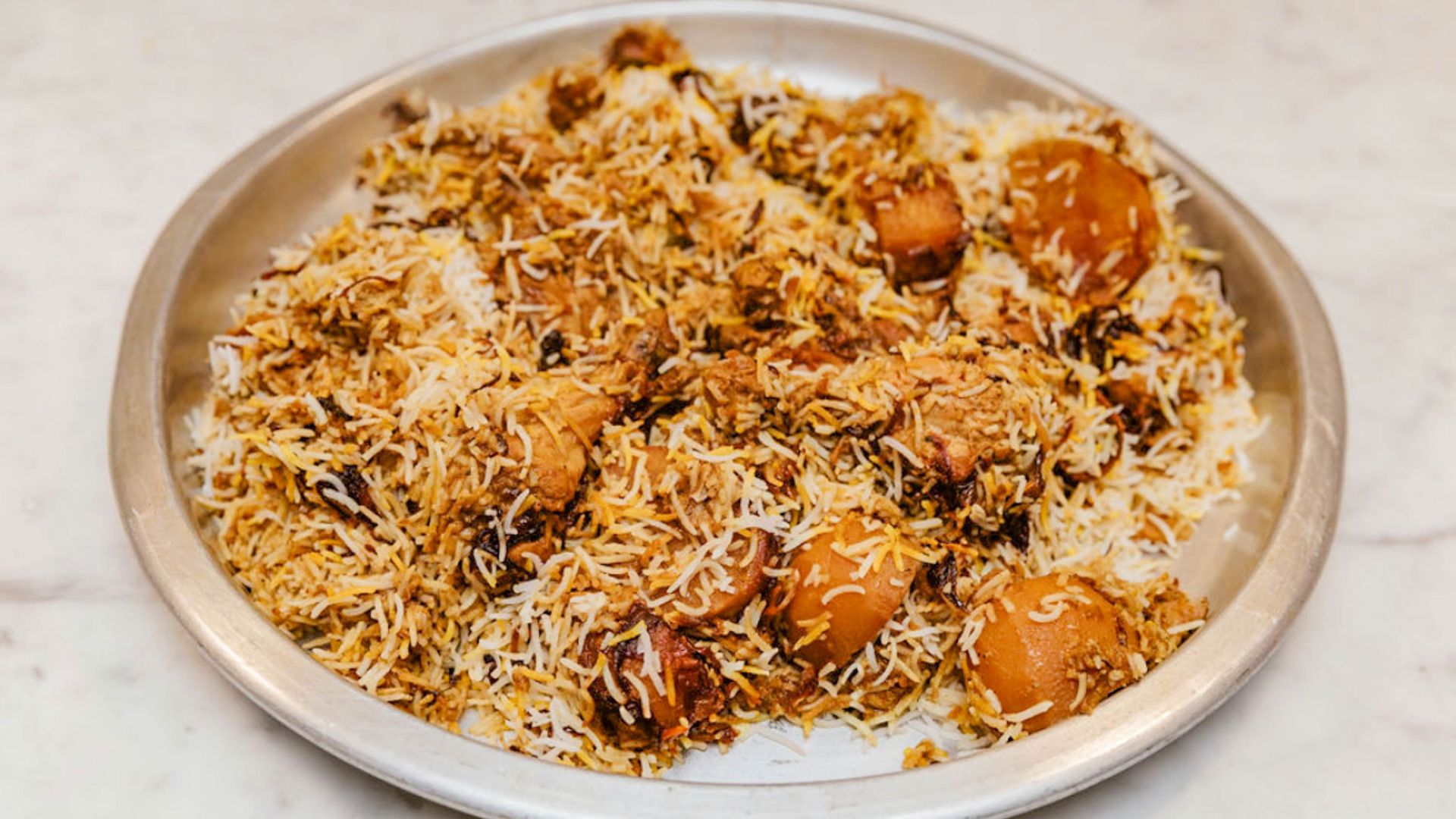My mom's chicken zorbiyan connected me to Yemen, and her memory
For Ramadan, Fork the System brings you stories of family, connection, and the dishes that made the month special for our guest chefs.
Our first guest chef, Akram Said, has taken social media by storm with his videos showing how traditional Yemeni dishes are made. He spoke to Al Jazeera over videoconference to tell his story and the story of the dish that makes Ramadan for him. Here is his story, in his words:
Growing up in Dallas, I had a really aggressive stuttering problem, so I had a hard time speaking. At its worst, my speech impediment would have me breaking things so that I could get the words out. I’d break something and suddenly, the words would come tumbling out.
I was made fun of, even by my own siblings. But my mom, she made me feel special. She took me to Mecca, on an umrah. We would go on vacations together, just the two of us. She would never say no to me and was always there for me.
I wish I could say that I returned the favour, but I was a really troubled kid. I was bad at school, and I dropped out of high school in 10th grade because I was always in and out of trouble. I ended up in juvenile detention centres. But my mom never gave up on me.
So, one day, while I was lost after a failed attempt at living in Yemen that was disrupted by a revolution, she told me her plan for me. She was going to take me to sign me up for culinary school. I don’t know where the idea came from, I had never cooked and showed no interest in cooking. But, within a few hours of her telling me, I was signed up, and starting my culinary journey, on the road to becoming a chef.
